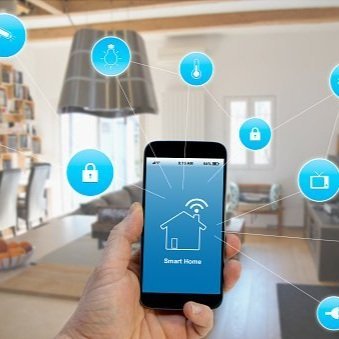In recent years, technology has emerged as a transformative force in various fields, and mental health care is no exception. The integration of digital tools and platforms into mental health practices has revolutionized the way individuals access support, manage their conditions, and enhance their overall well-being. This evolution represents a significant shift towards more accessible, personalized, and efficient mental health care. One of the most profound impacts of technology on mental health is the expansion of access to care. Traditional mental health services often face barriers such as geographical limitations, long wait times, and stigma. Teletherapy and online counseling services have broken down these barriers by providing remote access to mental health professionals. Individuals can now receive therapy and support from the comfort of their homes, making it easier for those in underserved or rural areas to access quality care. Mobile applications have also played a pivotal role in mental health improvement. Apps designed for mental wellness offer a range of tools and resources, including mood tracking, meditation guides, cognitive-behavioral therapy CBT exercises, and mindfulness practices.

These apps empower users to take an active role in managing their mental health by providing them with immediate, user-friendly tools that can be used anywhere and at any time. The ability to monitor one’s mental health in real-time and access coping strategies instantly can significantly enhance an individual’s ability to manage stress, anxiety, and depression. Another area where technology is making a difference is in the development of artificial intelligence AI and machine learning algorithms. AI-driven platforms can analyze large volumes of data to identify patterns and predict mental health issues before they become severe. For example, AI can be used to detect early signs of mental health conditions through analysis of social media activity or changes in speech patterns. Devices such as smart watches and fitness trackers can monitor physiological indicators such as heart rate variability and sleep patterns, which are closely linked to mental health. By tracking these indicators, individuals can gain insights into how their physical state may be affecting their mental well-being and take steps to address any issues. For instance, consistent poor sleep patterns detected by a wearable device can prompt users to seek support for potential underlying mental health concerns.
Technologische Lösungen für mentale Wellness allows for early intervention and more personalized treatment plans, improving outcomes for individuals. Wearable technology is also contributing to mental health improvement. Despite these advancements, it is essential to approach technology with a balanced perspective. While digital tools offer many benefits, they should complement, not replace, traditional forms of mental health care. The human element of therapy, including the therapeutic relationship and personalized support, remains crucial. Additionally, concerns about data privacy and the quality of online resources need to be addressed to ensure that technology is used responsibly and ethically. Technology has become a powerful ally in the realm of mental health, offering innovative solutions to improve access, management, and overall well-being. From teletherapy and mobile apps to AI and wearable devices, these advancements empower individuals to take control of their mental health in ways that were previously unimaginable. As technology continues to evolve, it holds the promise of further enhancing mental health care and supporting individuals in their journey towards better mental well-being.
